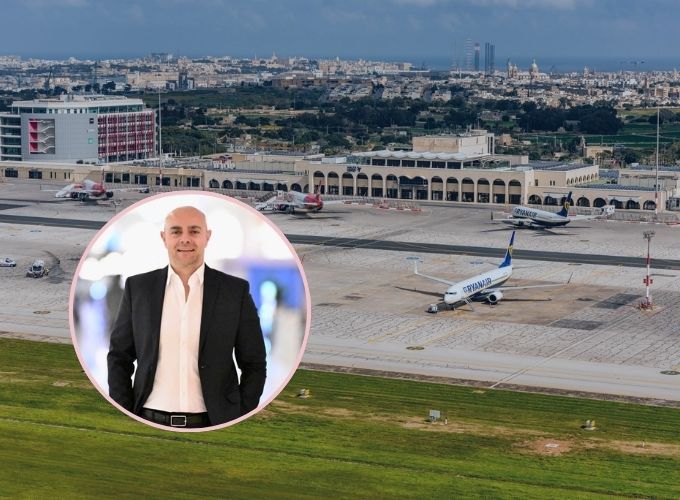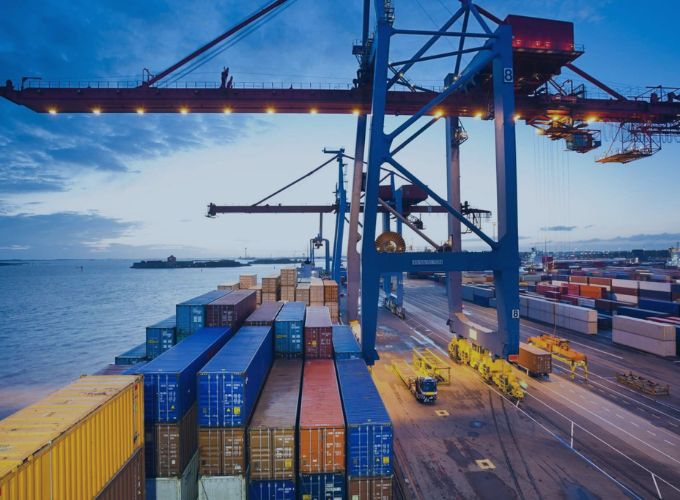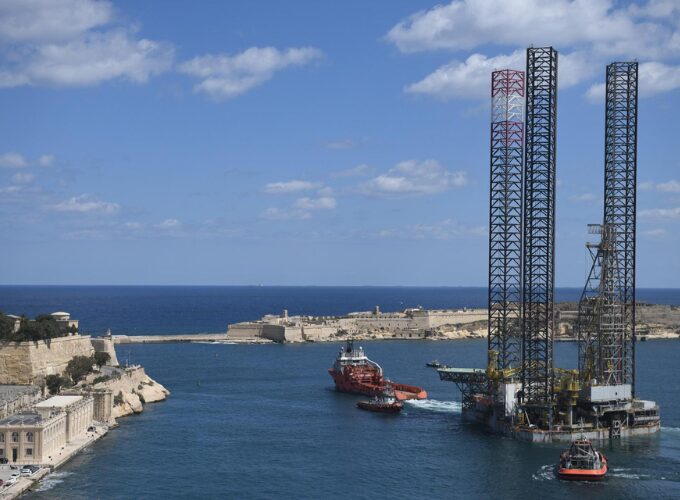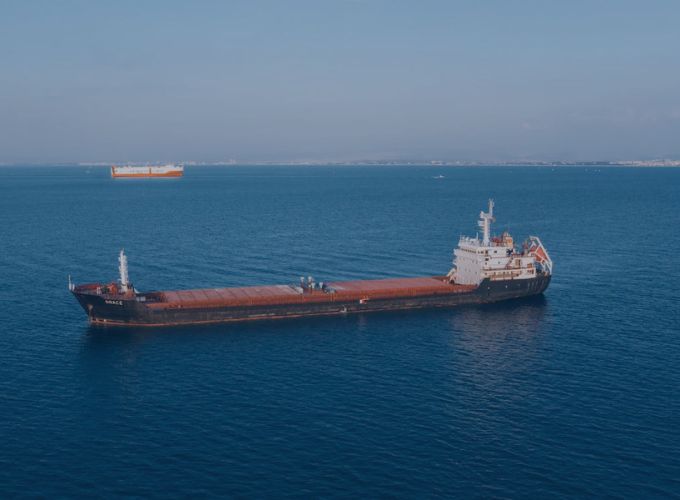As Europe pushes for its toughest sanctions yet on Russian energy, Malta has stepped in to stop the clock — not out of sympathy for Moscow, but out of concern for its own shipping industry.
Diplomatic sources say Malta is holding up the EU’s 18th sanctions package due to fears that a proposed price cap on Russian oil and gas could unfairly damage the island’s vital maritime sector. The proposal would require European companies to observe a cap set at 15% below global market value. Other countries, including the US, would not be bound by the same rules.
While Malta supports the idea of a price cap in principle, it has warned that the current model is both too complicated and too unbalanced to implement fairly. It is pushing for the mechanism to be simplified before it signs off.
Behind the scenes, EU diplomats have spent hours in backroom negotiations this week trying to hammer out a compromise. A lengthy meeting of the EU’s Committee of Permanent Representatives (COREPER) on Sunday reportedly failed to break the deadlock.
The European Commission first proposed the new measures in June. Commission President Ursula von der Leyen said the idea would be discussed at that month’s G7 summit as part of broader efforts to tighten restrictions on Russia’s wartime revenues following recent drops in global oil prices.
But Malta is not the only country with reservations. Greece and Cyprus have also expressed concerns about the price cap’s impact on their shipping sectors, although neither has taken as strong a stance as Malta, at least so far.
Slovakia has also voiced opposition, albeit for different reasons. The country remains heavily reliant on Russian fossil fuels and fears that the proposed energy phase-out by 2028 would severely damage its economy. Slovak Prime Minister Robert Fico is also seeking legal guarantees in case energy giant Gazprom sues Slovakia for breach of contract. Gazprom is committed to supplying the country until 2034.
All this comes as the EU attempts to keep its 27 member states united on sanctions, a task that is becoming increasingly difficult with each new round. While earlier measures targeting Russian banks and luxury goods passed with little drama, the shift toward more complex financial tools such as oil price caps has created friction, particularly among smaller member states with industry-specific exposures.
For Malta, shipping is more than just another economic sector. The country hosts one of the largest shipping registries in the world and serves as a key transhipment hub in the Mediterranean. If the EU’s rules make it harder or less profitable for Malta-registered vessels to carry Russian-linked cargo, there are fears that the business could shift to competitors who face no such restrictions.
That does not mean Malta is softening its stance on Russia. Its diplomats maintain that they are committed to holding Moscow accountable. However, they want to ensure that the sanctions are not self-defeating, and that they do not end up harming EU economies more than they pressure the Kremlin.
With winter approaching and energy markets already under strain, the stakes are high. EU leaders are walking a tightrope between punishing Russia and protecting their own economies. For now, Malta is making it clear that any new sanctions must not come at the cost of national strategic interests.
You Might Also Like

Latest Article
‘Eight Years Doesn’t Happen By Chance’, Says MIA CEO After European Recognition
Malta International Airport CEO Alan Borg has hailed Malta International Airport’s continued recognition among Europe’s top-performing airports as the result of sustained investment, disciplined execution and a culture of service excellence. In a LinkedIn post reflecting on the airport’s latest achievement, Borg said eight consecutive years among Europe’s leading airports “doesn’t happen by chance,” pointing … Continued
|
2 March 2026
Written by Yannick Pace

PB Group Expands Logistics Footprint Through Thomas Smith–FastDrop Joint Venture
|
2 March 2026
Written by Yannick Pace

IZI Finance Launches Second Bond Issue As Group Targets €1bn Turnover
|
2 March 2026
Written by MeetInc.











